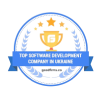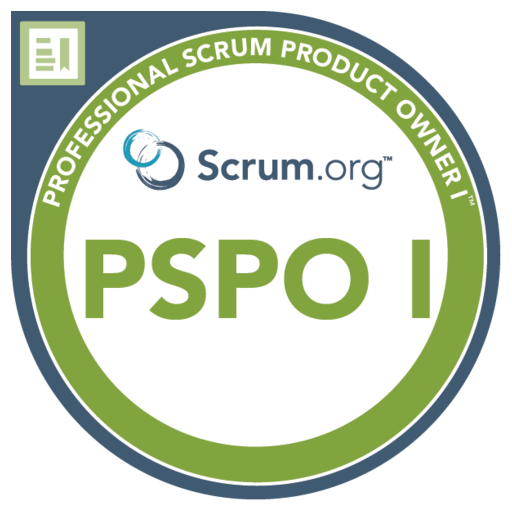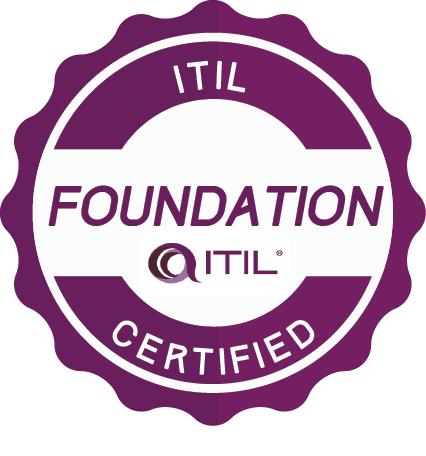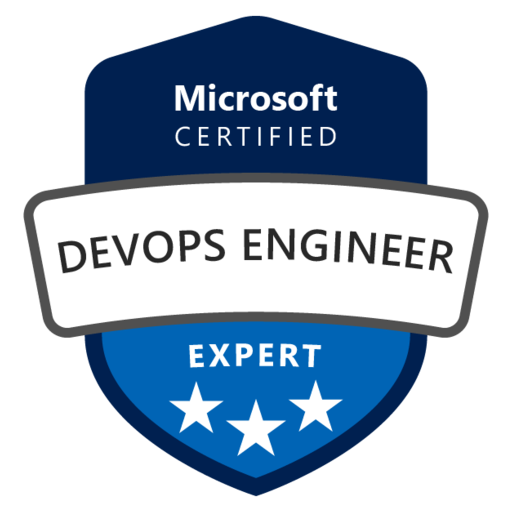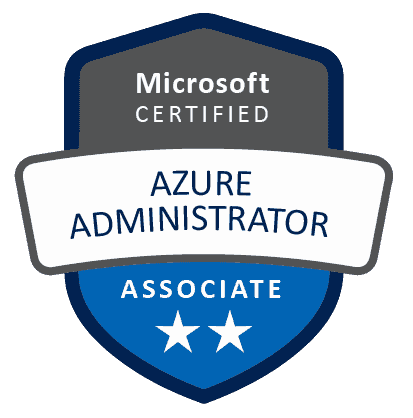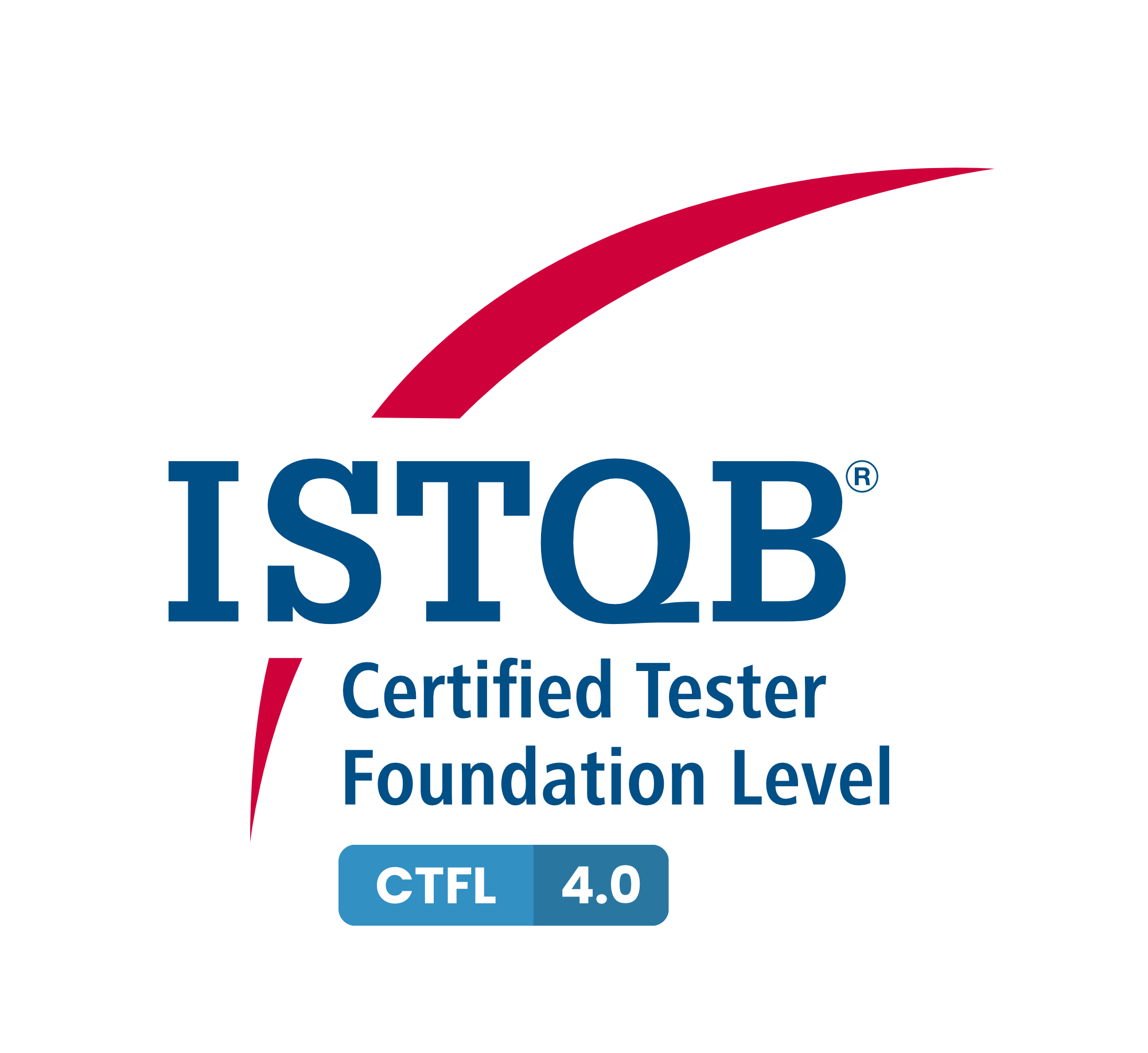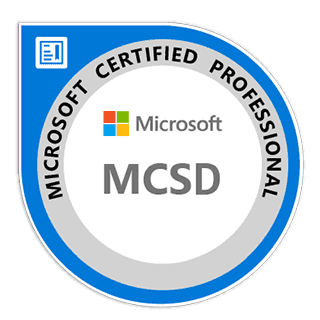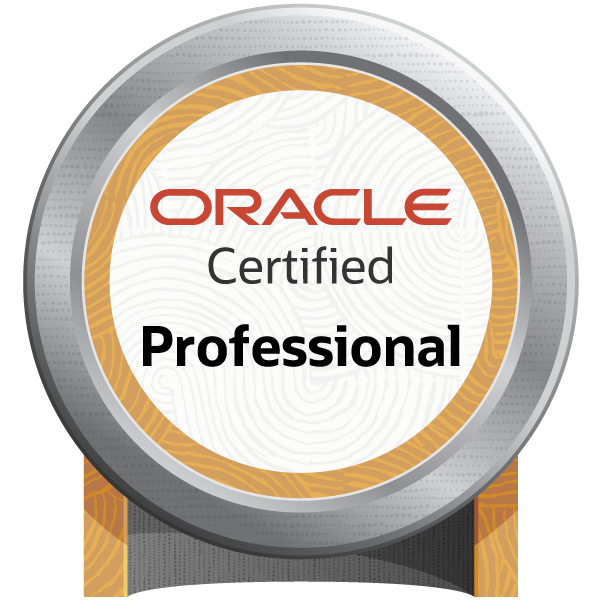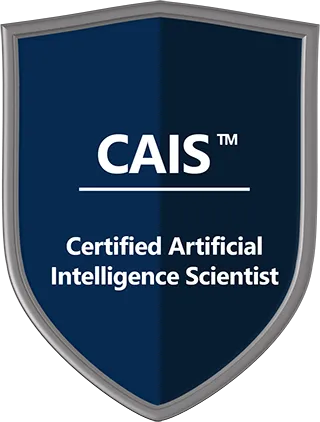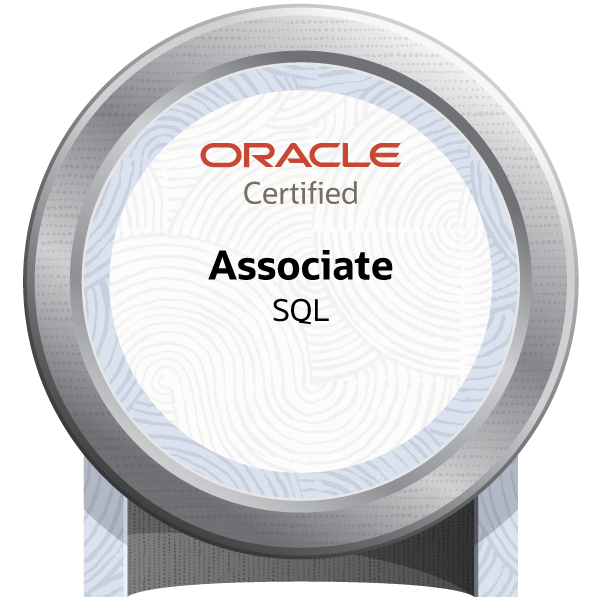Developing and integrating AI functionalities into TMS to optimize shipment planning, route selection, carrier management, and freight auditing. You’ll receive a sophisticated system capable of real-time adjustments and predictive analytics that streamlines logistics operations.

AI Solutions for Logistics Development
AI Solutions for Logistics Services We Provide
AI and logistics is applicable in numerous types of software, having the potential to improve every existing process. See what Devox can develop for you.
-
AI-Enhanced Transportation Management Systems
-
Warehouse Automation Solutions
Designing and implementing AI-powered systems for warehouse operations, including automated picking, sorting systems, and robots guided by machine learning algorithms for more efficient warehouse management. Reduce operational costs, minimize errors, and boost warehouse productivity on a new level.
-
Predictive Analytics and Demand Forecasting
Analyze historical data, market trends, and external factors. Devox will combine ML algorithms with your perpetuated data, enabling you to predict future demand, optimize inventory levels, and prevent stockouts or overstock situations.
-
Supply Chain Optimization
Developing AI models to analyze and optimize supply chain operations, including supplier selection, production planning, and distribution strategies. Enhance your supply chain resilience by analyzing networks, identifying bottlenecks, and AI’s recommendations concerning procurement, production, and distribution.
-
Real-Time Tracking and Visibility Solutions
Our engineers can unite AI and IoT (Internet of Things) into a comprehensive solution to enable real-time tracking of shipments and assets across the supply chain. You will get actionable insights for decision-making, raising transparency and providing customers with accurate delivery estimates.
-
Intelligent Fleet Management
Offering AI solutions for fleet operators to monitor vehicle health, optimize fuel usage, schedule maintenance, and ensure compliance with safety regulations. They function by collecting and analyzing data on vehicle health, driver behavior, and fuel consumption, enabling optimized routing, preventive maintenance, and improved safety.
-
Visual Recognition Software
Leveraging machine learning, deep learning, and computer vision, Devox will produce solutions operating with visual recognition functions. We can develop smart nameplate recognition, image classification software for warehouse management, or different security systems that include visual components like Optical Character Recognition (OCR), damage detection, and scene recognition.
-
Customer Service Automation Solutions
Creating AI-powered chatbots and virtual assistants that provide 24/7 customer support and work closely with the client request, handling inquiries such as order tracking, delivery updates, and issue resolution.
-
Quality Control Systems
Developing machine learning and computer vision systems to automate quality inspection processes in manufacturing and packaging, detecting defects, ensuring product quality and reducing manual inspection costs. Influence customer satisfaction, reduce waste, and lower costs associated with returns and rework.
-
Data Integration and Analytics Platforms
Building platforms that integrate data from various sources within the logistics ecosystem, applying AI to analyze this data for insights into operational improvements and strategic planning. Receive a powerful tool for data-driven decision-making that will pave a way for strategic growth.
-
Sustainability Solutions
Reduce your carbon footprint, optimize resource use, and comply with environmental standards easier than before, and raise your brand reputation by committing to sustainable practices.. We develop specialized AI solutions that analyze operational data to identify areas for improvement in energy use, waste reduction, and sustainable resource management.
-
Custom AI Solution Development
Tailored AI algorithms and models are developed to meet specific logistics challenges, such as demand forecasting, route optimization, or inventory management, based on the unique needs of a business.
Our AI Solutions for Logistics Development Process
Benefits of AI Solutions for Logistics
AI for supply chain doesn’t only help make operations more efficient: it can save costs, help resolve regulatory compliance issues, and resolve a wide range of business pains.
-
Access Knowledge and Data in No-Time
AI provides comprehensive visibility into the supply chain, offering real-time insights into inventory levels, shipment status, and potential disruptions. This visibility enables proactive management of the supply chain, reducing risks and improving reliability.
-
Set Risks to Zero
AI's predictive capabilities help identify potential risks and supply chain vulnerabilities. By analyzing historical data and current trends, AI can forecast disruptions and suggest mitigation strategies, thus enhancing resilience.
-
Improve Safety and Compliance
AI technologies can predict potential safety hazards and ensure compliance with regulatory requirements. In fleet management, for example, AI can monitor vehicle health, driver behavior, and compliance with safety regulations.
-
Sustain Nature and Budget
AI helps in optimizing logistics operations to reduce waste, energy consumption, and emissions. Route optimization, for instance, not only saves time and fuel but also lowers the carbon footprint of transportation activities.
-
Elevate Quality Control
Enrich your QA processes with consistency effortlessly: AI technologies, especially machine vision, can automate quality inspections, detect defects early, and maintain high-quality standards.
-
Tackle Inventory Mismanagement
Eliminate the possibility of overstocking or understocking that tie up capital or result in lost sales. Artificial intelligence inventory management distribution leverages predictive analytics to forecast demand more accurately, helping businesses maintain optimal inventory levels and reduce holding costs.
-
Inefficient Route Planning
Traditional route planning often fails to consider real-time variables like traffic conditions, weather, and road closures, leading to delays and increased fuel costs. AI can optimize routes in real-time, ensuring faster deliveries and reduced operational costs.
-
Boost Customer Service
Meet your customer’s expectations with accurate and transparent service. AI chatbots and virtual assistants provide 24/7 customer support, handling inquiries, providing updates on shipments and delegating more complicated tasks to human agents automatically based on your settings and data.
Key Features of AI Solutions for Logistics
Data Management Layer
- Data Ingestion: Handles the collection of data from various sources, including IoT devices, ERP systems, and external data services. It's crucial for gathering the vast amounts of data required for AI analyses.
- Data Storage: Utilizes databases and data lakes to store collected data efficiently, ensuring it's organized and accessible for processing and analysis. This can include both structured and unstructured data.
- Data Processing: Involves cleaning, normalizing, and transforming data to prepare it for analysis. This step is essential to ensure the quality and reliability of data fed into machine learning models.
Machine Learning and Analytics Engine
- Model Training: The process of feeding data into machine learning algorithms to create models that can make predictions or decisions based on new data.
- Model Deployment: Once trained, models are deployed into production where they can start providing insights, predictions, and automations based on real-time data.
- Analytics: Advanced analytics tools and algorithms that work on the data to uncover trends, generate reports, and provide actionable insights.
AI Algorithms and Models
- Predictive Analytics: Algorithms that use historical data to predict future events, such as demand forecasting or predictive maintenance.
- Optimization Algorithms: Used for finding the most efficient routes, schedules, and resource allocations to optimize logistics operations.
- Natural Language Processing (NLP): Enables the software to understand and generate human language, used in chatbots and for extracting information from unstructured data like emails or documents.
Computer Vision
- Object Detection and Recognition: Allows the system to identify items, assess conditions, or monitor environments through image analysis. It's particularly useful in warehouse management and quality control.
- Optical Character Recognition (OCR): Converts images of typed, handwritten, or printed text into machine-encoded text, useful for document processing and label reading.
Integration and Interoperability Layer
- APIs (Application Programming Interfaces): Facilitate communication between the AI software and other systems or applications, ensuring seamless data flow and integration.
- Middleware: Software that bridges the gap between different tools and databases, enabling them to work together efficiently.
Security and Compliance Mechanisms
- Data Encryption and Anonymization: Protect sensitive information and ensure privacy.
- Compliance Management: Features that help logistics companies adhere to relevant laws, regulations, and standards, including those related to data protection.
IoT Connectivity
- Device Management: Tools for managing and monitoring the IoT devices that collect and transmit data.
- Edge Computing: Processes data on or near the device where it's collected, reducing latency and bandwidth use, crucial for real-time tracking and monitoring.


Web3 PaaS Ecosystem for Next-Gen NeoBanking, RegTech, and Secure Data Vaulting
A blockchain-powered PaaS ecosystem enabling financial providers to launch custom neobanking solutions with secure infrastructure.
Additional Info
- Blockchain
- .NET
- Node.js
- AWS
- Docker
- PostgreSQL
- React Native
USA

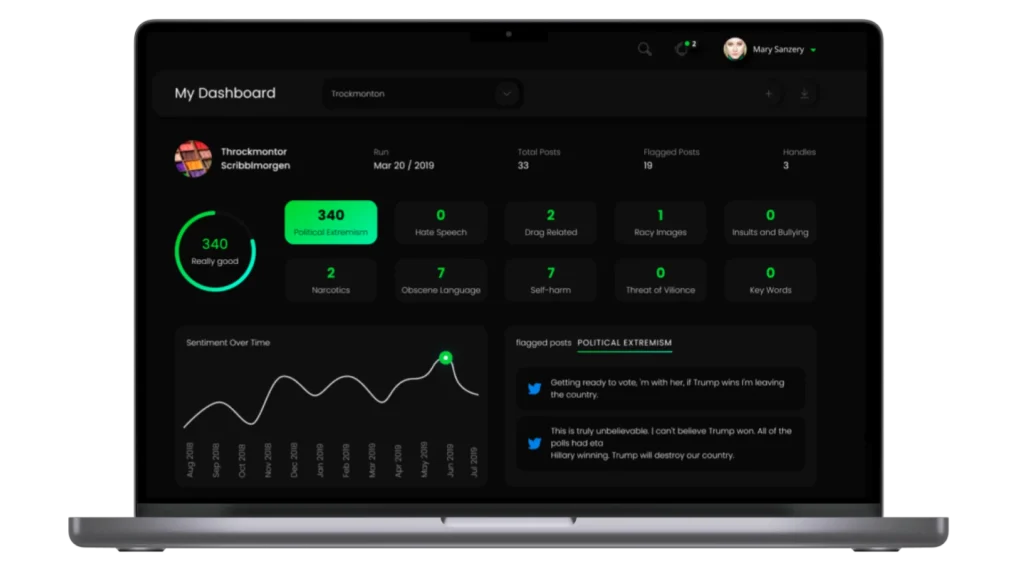
AI-Powered Social Media Background Check Platform for Risk-Free Hiring
An AI-driven platform for HR teams to automate social media background checks and mitigate hiring risks.
Additional Info
- .NET Core
- Angular
- Azure
- Docker
- GitLab CI/CD
- Selenium Web Driver
USA


Immersive Property Portal with 360° View for Real Estate Buyers and Brokers
A real estate portal designed to streamline property search, simplify renting and buying decisions with personalized housing recommendations.
Additional Info
- NET Core
- MS SQL
- ELK
- Angular
- React Native
- NgRx
- RxJS
- Docker
- GitLab CI/CD
UAE
Trusted by
Industry Contribution Awards & Certifications
Check Devox Software Awards on rating & review platforms among top software development companies and Certifications our team members holds.
- Awards
- Certifications
Testimonials
FAQ
-
Does developing a custom AI-based logistics software take longer than the one without AI?
For AI company logistics, developing custom AI-based logistics software generally takes longer than non-AI alternatives due to the complexity and depth of work involved. This includes the collection and preparation of data, training and fine-tuning AI models, and integrating these models into the existing logistics infrastructure.
Additionally, ensuring that the AI system complies with industry standards and regulations can further extend the development timeline. However, the investment in time is justified by the significant advantages AI brings, such as enhanced efficiency, predictive insights, and automation capabilities, which can lead to substantial long-term benefits for logistics operations.
Despite the initial longer development phase, the adaptive and scalable nature of AI-driven solutions offers enduring value, making them a worthwhile pursuit for businesses looking to innovate and optimize their logistics and supply chain management.
-
What specific AI technologies are used to improve route optimization in logistics?
AI-driven route optimization leverages machine learning algorithms, specifically reinforcement learning and genetic algorithms, to process vast datasets including traffic patterns, weather conditions, and delivery windows. These algorithms iteratively learn from historical data to propose the most efficient routes, minimizing delivery times and fuel consumption.
Additionally, AI systems integrate real-time data feeds to adjust routes dynamically, ensuring that the most current conditions are considered. This approach significantly reduces operational costs and enhances delivery reliability, making logistics operations more sustainable and customer-focused.
-
What role does AI play in ensuring compliance within logistics operations?
AI systems play a crucial role in compliance by automating the monitoring and reporting processes, ensuring adherence to regulatory standards, customs regulations, and safety guidelines. Natural Language Processing (NLP) technologies analyze regulatory documents and updates in real-time, helping businesses stay ahead of changes. Moreover, AI-driven analytics can predict compliance risks by assessing historical data on shipments, audits, and inspections, enabling preemptive action to mitigate potential violations. This proactive approach reduces the risk of fines, delays, and reputational damage.
-
Can AI in logistics help reduce carbon footprint and support sustainability goals?
Yes, AI directly contributes to sustainability in logistics by optimizing routes and load planning, which significantly reduces fuel consumption and carbon emissions. Advanced AI algorithms analyze historical data and simulate different scenarios to identify the most fuel-efficient routes.
Moreover, AI-driven systems can optimize warehouse operations, reducing energy use and waste. By improving the efficiency of logistics operations, AI not only supports sustainability goals but also offers economic benefits through cost savings.
-
What advancements can we expect in AI for logistics in the near future?
The near future will see advancements in AI for logistics focusing on autonomous vehicles, blockchain integration for improved transparency and security, and advanced predictive analytics for more accurate demand forecasting. Autonomous drones and vehicles will increasingly handle last-mile deliveries, reducing costs and improving delivery times. Blockchain will enhance data sharing across the supply chain, while AI-driven tools will offer more precise predictions of market demands, allowing for unprecedented levels of inventory optimization and operational planning.
-
How does AI tackle the challenge of last-mile delivery in logistics?
AI addresses last-mile delivery challenges by optimizing delivery routes in real-time, predicting the best delivery windows, and efficiently managing customer expectations. You can also use a logistics algorithm to help schedule the arrivals more precisely.
Utilizing machine learning algorithms, AI predicts traffic conditions, optimizes delivery sequences, and calculates the most cost-effective delivery methods. Furthermore, AI enhances customer communication by providing accurate delivery times and real-time updates, thereby improving customer satisfaction and reducing failed delivery attempts.
-
What measures are in place to ensure data privacy and security in AI-driven logistics systems?
AI-driven logistics systems implement robust data encryption, secure data storage solutions, and strict access controls to ensure data privacy and security. Machine learning models are trained on anonymized datasets, minimizing the risk of personal data exposure.
Additionally, compliance with international data protection regulations, such as GDPR, is ensured through regular audits and updates to AI algorithms and data processing practices. These measures are critical in maintaining trust and protecting sensitive information in logistics operations.
-
How does AI contribute to the scalability of logistics operations?
AI contributes to scalability by enabling logistics operations to dynamically adapt to changing demand and business growth without proportionally increasing operational complexity or costs. Machine learning models scale with data, improving in accuracy and efficiency as more information becomes available.
This means logistics networks can handle increased volumes and complexity with the same or even reduced resource requirements. AI-driven automation and optimization ensure that businesses can scale operations up or down quickly, responding to market changes with agility and minimal disruption.
Want to Achieve Your Goals? Book Your Call Now!
We Fix, Transform, and Skyrocket Your Software.
Tell us where your system needs help — we’ll show you how to move forward with clarity and speed. From architecture to launch — we’re your engineering partner.
Book your free consultation. We’ll help you move faster, and smarter.
Let's Discuss Your Project!
Share the details of your project – like scope or business challenges. Our team will carefully study them and then we’ll figure out the next move together.
Thank You for Contacting Us!
We appreciate you reaching out. Your message has been received, and a member of our team will get back to you within 24 hours.
In the meantime, feel free to follow our social.
Thank You for Subscribing!
Welcome to the Devox Software community! We're excited to have you on board. You'll now receive the latest industry insights, company news, and exclusive updates straight to your inbox.































